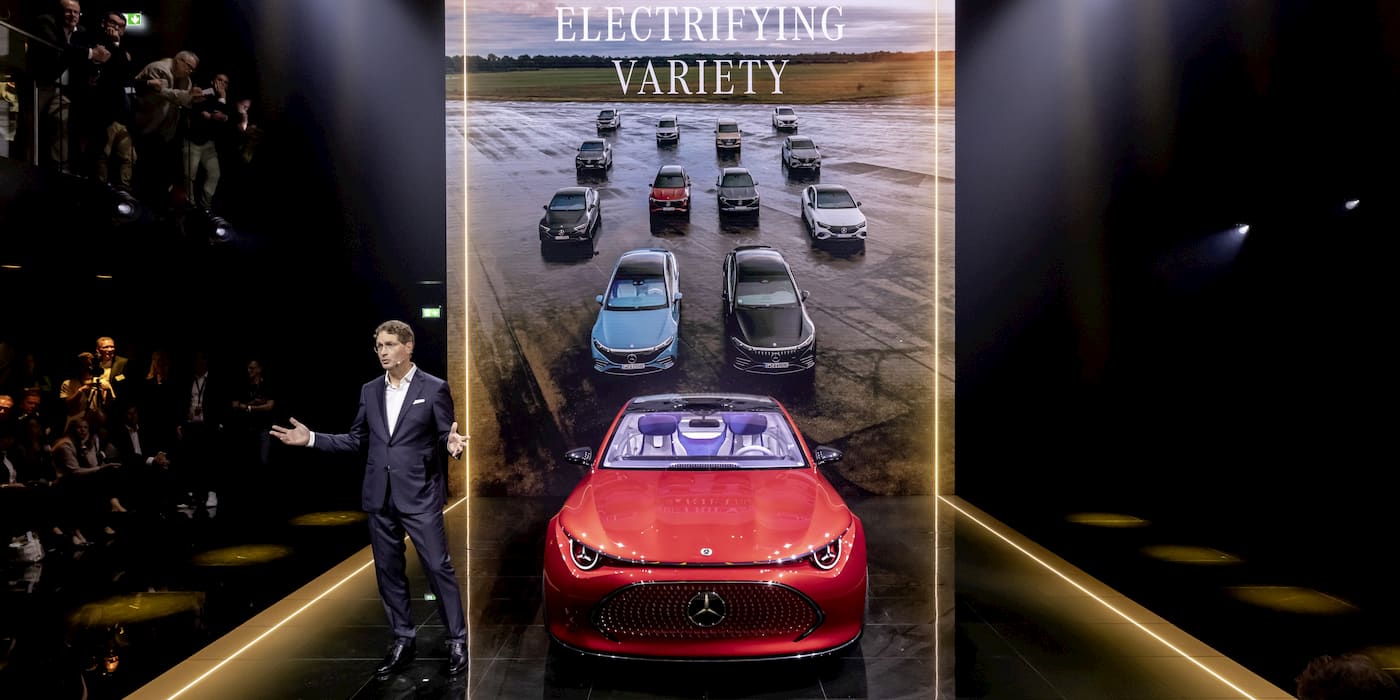
Mercedes-Benz is doubling down on solid-state EV batteries with ultra-long range and fast charging capabilities for its next-gen vehicles. With two partners accelerating development, Mercedes is on track to begin testing EVs with solid-state batteries in just a few months.
After Mercedes and Factorial introduced their latest breakthrough, the Solstice all-solid-state EV battery, this week, the company said it’s on track to hit the market by 2030.
Factorial said the new tech will increase EV range by up to 80% with a “breakthrough” energy density of 450 Wh/kg. It’s also 33% smaller than current tech for even higher efficiency.
The US-based company aims to provide over 600 miles of driving range (compared to current Li-ion batteries) with a 40% weight reduction.
With a safer design, the new batteries also don’t require heavy cooling systems, which will help cut costs further.
Mercedes led Factorial’s 2022 investment round, which also included rivals Hyundai and Stellantis. According to chief tech officer Markus Shaefer, the new batteries are a “cornerstone of Mercedes-Benz’s strategy and commitment” to leading EV battery development.
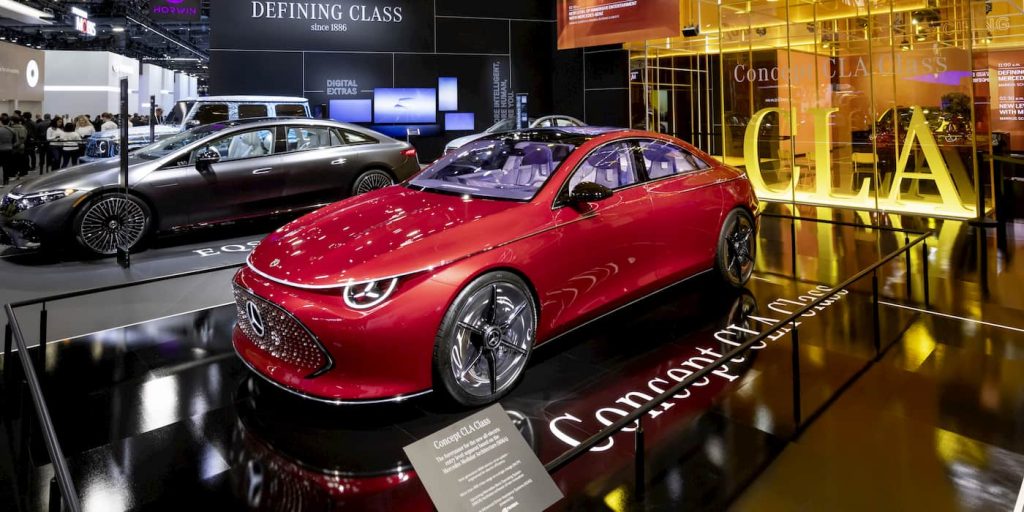
Shaefer explained the new all-solid-state EV batteries will “set new standards in range, cost, and performance.”
Although not due out until the end of the decade, Mercedes plans to get EVs with solid-state batteries on the road for testing much sooner.
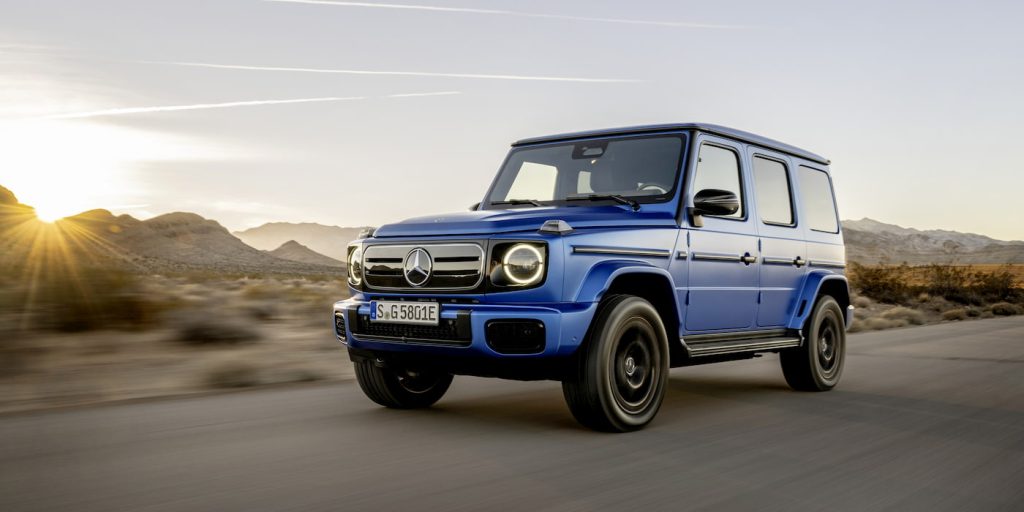
Mercedes to begin testing EVs with solid-state batteries
The announcement comes after Factorial delivered B-sample solid-state battery cells to Mercedes this summer using its FEST platform.
Mercedes is also working with Prologium, which opened “the world’s first giga-level solid-state lithium ceramic battery factory” in Taiwan earlier this year.
Prologium said it has “successfully overcome” the challenges with mass-producing solid-state EV batteries. The company claims it can manufacture solid-state batteries at the same cost as mainstream batteries.
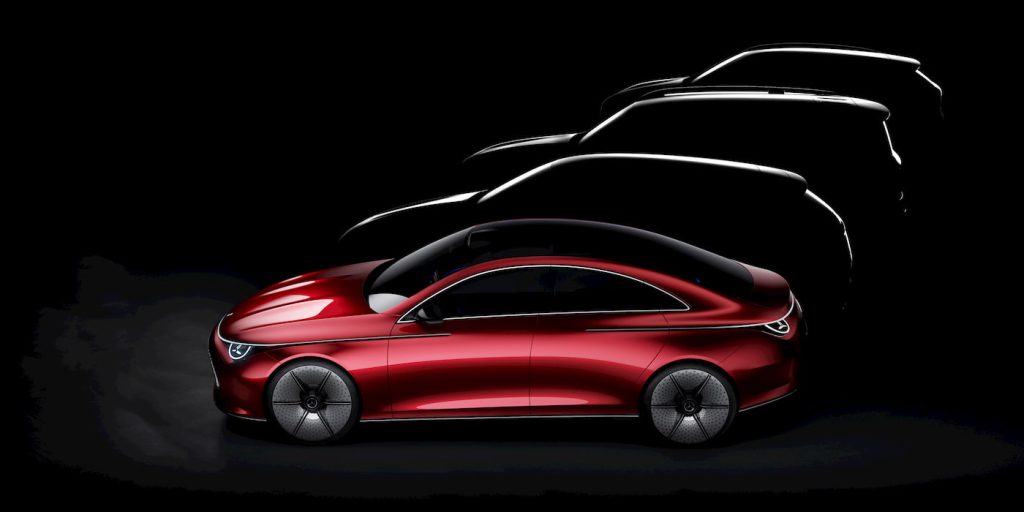
With two partners, Mercedes is confident in producing solid-state EV batteries at scale by 2030.
Meanwhile, the company is preparing to begin testing the new batteries on the streets. According to Oliver Fenzl, Mercedes’ communications manager for drivetrain tech, it could be just a few months away.
Fenzl said, “Together with Prologium and Factorial, Mercedes-Benz develops the solid-state technology further and integrates its Mercedes-Benz DNA on a cell level.” He added, “We will see the technology on the road for testing already in a few months.”
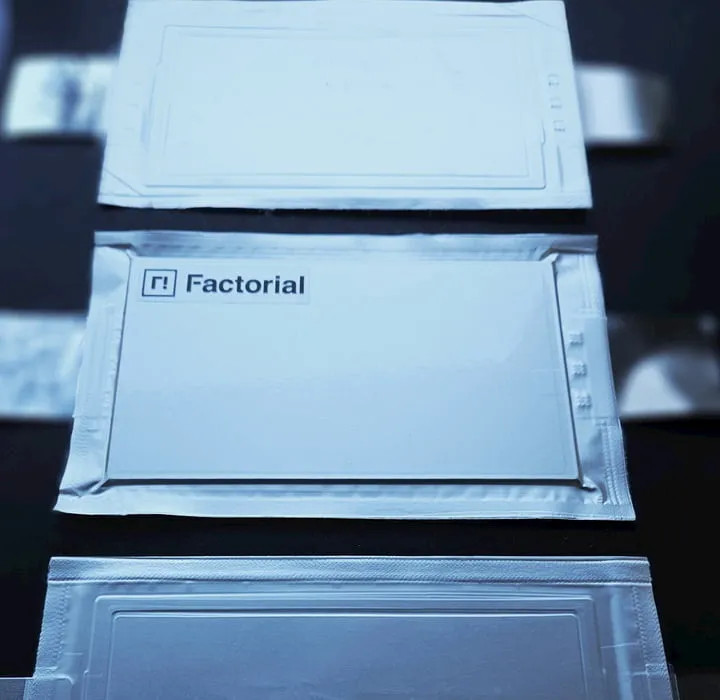
The breakthrough comes as several rivals, including Toyota, are advancing solid-state EV batteries. Toyota’s plans to develop and produce all-solid-state EV batteries gained approval from Japan’s Ministry of Trade and Industry this week.
Toyota also plans to begin producing all-solid-state EV batteries by 2030. The approval comes as Japan aims to secure a domestic supply chain to reduce its reliance on China and South Korea.
FTC: We use income earning auto affiliate links. More.




Comments